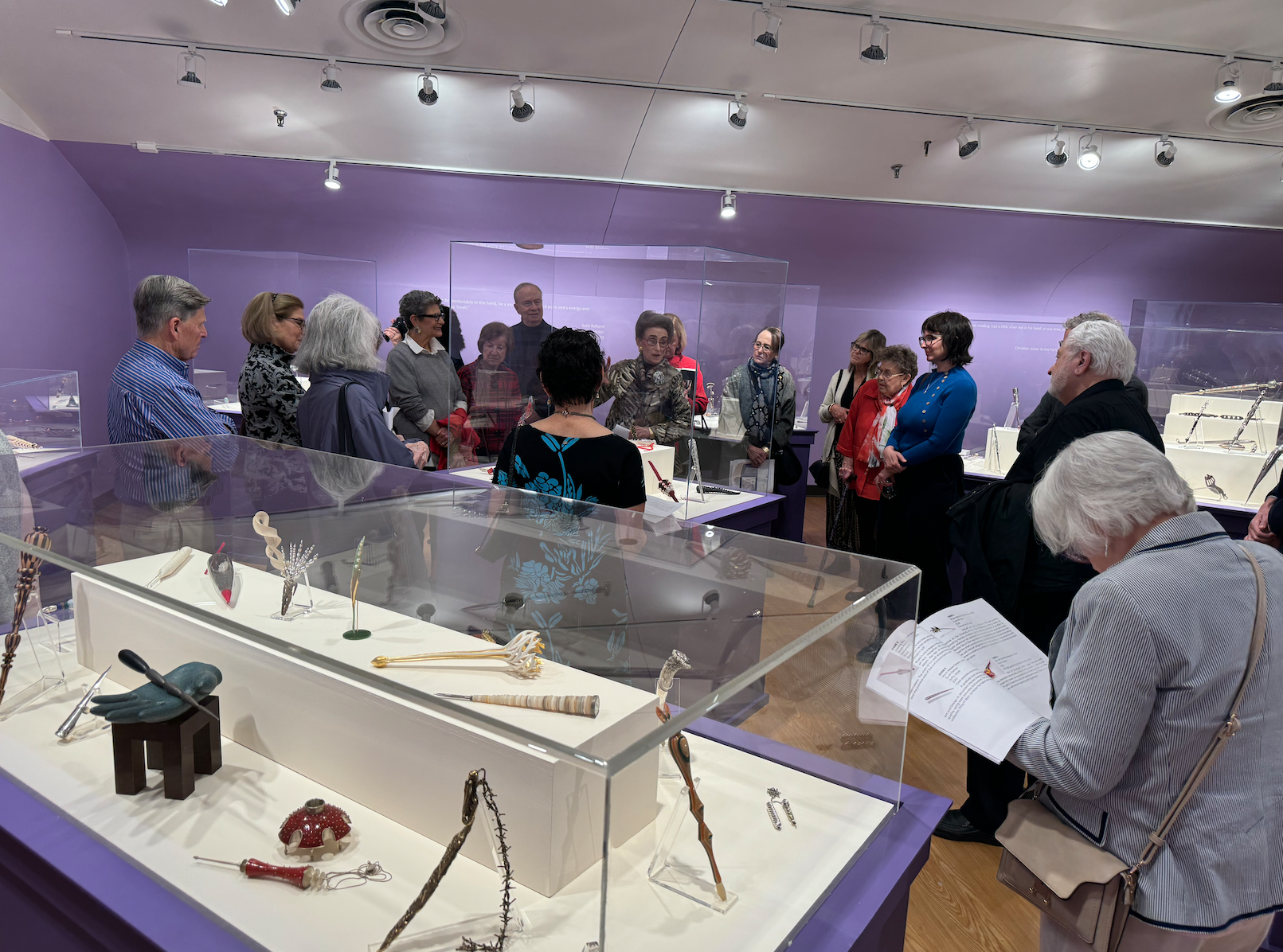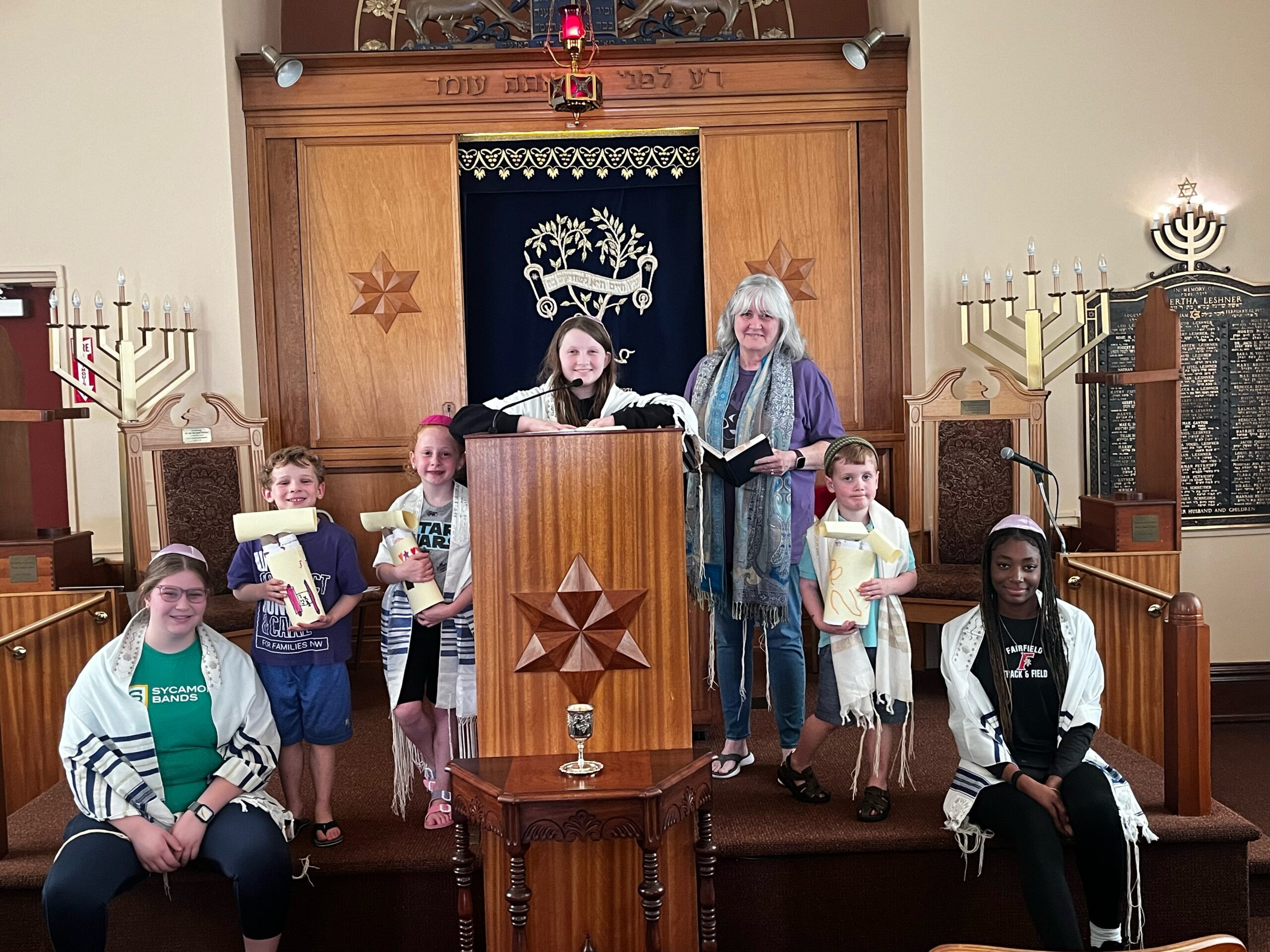By C.J. Gossage
Features Columnist
Alon Leichman, the subject of today’s interview, likely needs no introduction. Just to be safe, Alon is an Israeli-born pitching coach for the Cincinnati Reds. His parents made Aliyah to Israel in the 1970s. There they lived on Kibbutz Gezer, and Alon fondly recalls the tight-knit community he experienced as a child. On the Kibbutz, everyone lived life together. The bus would take all the children to school and bring them home. After school, the young ones would go to daycare or self-defense classes. In the evenings, everyone ate together in the dining hall. Life was done together. This environment also afforded Alon a lot of freedom. Sometimes his parents would not know of his whereabouts until he returned home for bed. “They were not worried since I was with the community.” One day after school, Alon went to a friend’s house on another Kibbutz, and his parents heard through the grapevine of Alon’s whereabouts. “I had experienced so much freedom that this seemed ok for me to do.” His parents were not mad “but told me that next time I should let them know.”
Alon’s parents, wanting to “give a little American culture to the kibbutz,” built a softball field for the community. Alon knows the year it was built, 1983. “Everyone on the kibbutz played baseball — Everyone!” Soon after, “I just fell in love with the game.” When Alon was about seven, his grandfather was living part-time in Israel and part-time in New York. His grandpa would tape American baseball games using VHS tapes and bring them to Alon. Alon “first remembers watching the 1993 World Series in 1996! I had those games on repeat.” When he finally got around to watching the 1996 World Series, Alon became enamored with the Yankees. From that moment on, “I watched every playoff game I could.”
After high school, Alon served in the Israeli army for three years, but his dream was to go to the States and play baseball. While in the army, Alon met Pat Doyle. Doyle worked for the MLB to develop baseball programs around the world. Overseeing the Middle East division, Doyle encouraged Alon to pursue college baseball in the States. Doyle helped Alon become a pitcher for Cyprus College in southern California, where, serendipitously, Alon had relatives. In his first game, Alon injured his elbow. He took the season off because of his first surgery, and his second surgery offered little help. Alon decided to “play until I couldn’t throw anymore” rather than miss more baseball for a potentially useless third surgery. After Cyprus, Alon transferred to UC San Diego, became their starting pitcher, and helped them win the California championship.
With his injuries likely prohibiting him from playing in the MLB, Alon called up his old coach at Cyprus: “I want to coach!” Alon shadowed his old coach during the Cape Cod summer league. Soon after, the Seattle Mariners offered him a job on their coaching staff. Alon would spend six seasons with the Mariners. In 2021, Alon was able to pitch for Team Israel in the Olympics. He was not going to let his elbow interfere with this once-in-a-lifetime opportunity. Working for the Mariners was ideal because he could train while he worked. “I would train in the morning then face Double-A hitters to get ready, once or twice a week.”
In 2022, Alon would become the Triple-A pitching coach in his final season with the Mariners. Alon then joined the Cincinnati Reds for the 2023 season, making him the first Israeli coach in the MLB. “My work on the Reds is fun. I help guys with their pitching and monitor their development and performance.” Alon is “in charge of our left-handed pitchers scouting report. I strategize with players and prepare them for games.” Coaching with the Reds “doesn’t feel like work.” So far, Alon loves traveling to Los Angeles, Miami, Chicago, and New York.
In the off-season, Alon travels to San Diego to see old friends and spends time “back home” in Israel on Kibbutz Gezer with his parents, siblings, nephews, and nieces. In fact, “I was there on October 7th.” Alon’s “brother was in Gaza fighting for a while, as were close friends. It was all very stressful.” Like most Israelis, Alon knew a few hostages and victims of the attack. “I knew a hostage who I used to play baseball with.” One of Alon’s parents’ close friends lost her life. Also, one of his childhood friend’s aunt and uncle were kidnapped. “The aunt was returned, and the uncle is still being held hostage.” A girl “I went to high school with was kidnapped, and her husband is still being held hostage.” He stresses that the attack affected all of Israel. “Everyone knows someone who was directly affected. Israel is a small place.” October 7th “was horrifying, and the actual rocket fire was actually secondary.”
When asked if he is a practicing Jew, Alon replies that he “only heard of this phrase when he moved to the States.” In Israel, “if you are a Jew, you are a Jew.” He continues, “No, I am not Kosher, and I do not observe Sabbath. Some people are more religious than others, but Jews are Jews.”
As for the Reds this season, “We are an exciting young team. Last year, we were better than people thought, so expectations are higher this year. We will have our ups and downs, but we are eager to make the playoffs this year.”





